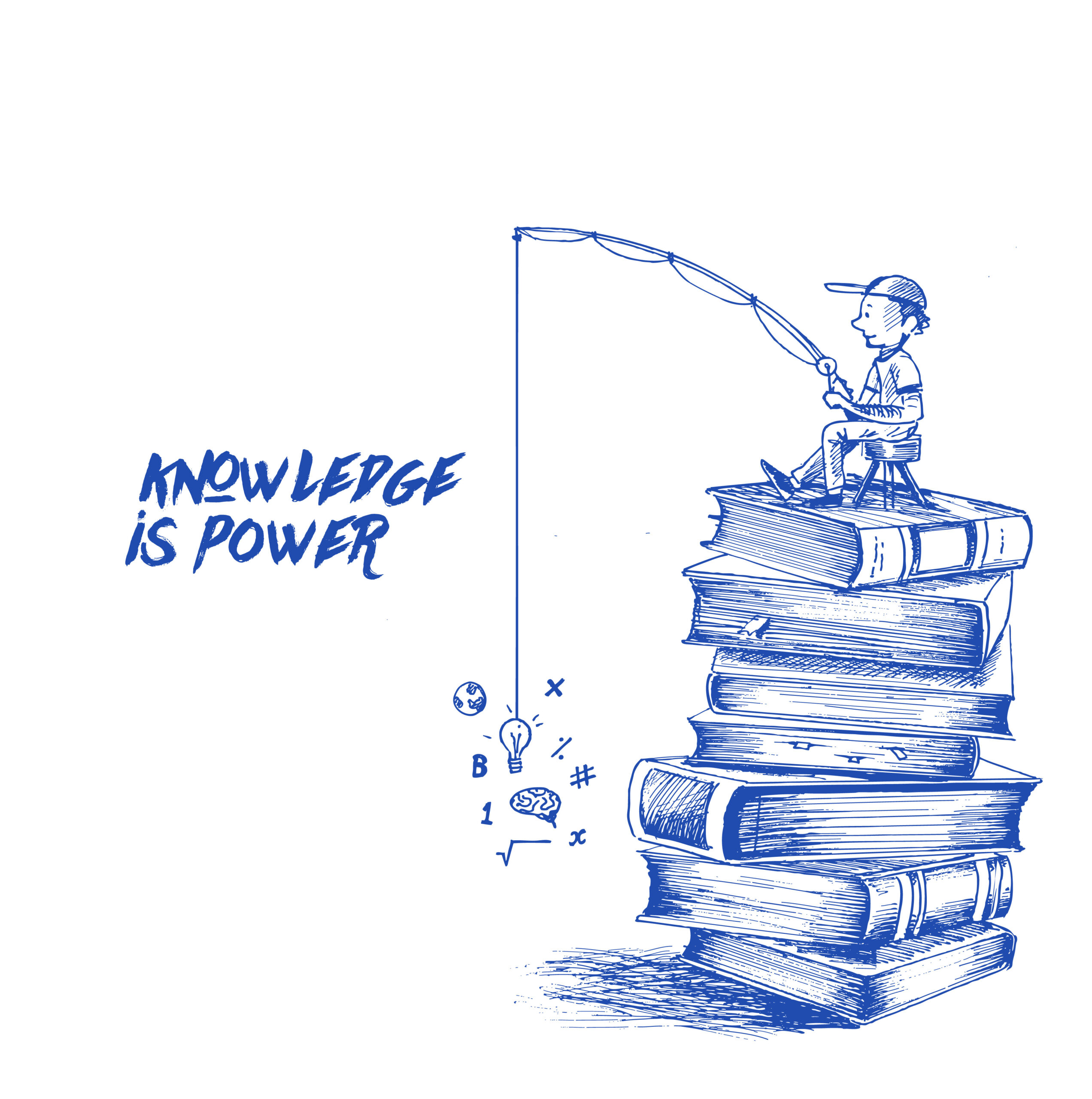We are from Ukraine ![]()
Main Reasons Why Kids Refuse to Read
Most parents face the problem of their children not wanting to read. It seems that this is normal and there is no problem. There is a problem, and as it turns out, this problem is not with the children.
The article explains why children don’t want to read and what options are available to show children that books are wonderful.
Introduction
Reading is an essential skill that opens up a world of knowledge and imagination. However, many children today display a reluctance or refusal to engage with books and reading materials. This article examines the main reasons behind this trend and offers insights into how parents, educators, and society as a whole can address this issue.
Technological Distractions
One of the primary reasons why children refuse to read is the increasing presence of technological distractions. With the proliferation of smartphones, tablets, and gaming consoles, children are often drawn to screens rather than books. The instant gratification and interactive nature of technology can make reading seem dull and unappealing in comparison. To counter this, it is crucial to strike a balance between screen time and reading, encouraging children to disconnect from devices and discover the joys of a good book.
Reading Difficulties
Some children struggle with reading due to learning difficulties or disabilities, such as dyslexia. These challenges can lead to frustration and a loss of confidence in their reading abilities. It is essential to identify and address these difficulties early on, providing necessary support and interventions to help children overcome their reading challenges. Specialized reading programs, tutoring, and individualized attention can make a significant difference in fostering a positive reading experience.
Lack of Interest
Children are more likely to engage in activities they find interesting and relevant to their lives. If they perceive reading as boring or unrelated to their interests, they may be resistant to picking up a book. To cultivate a love for reading, it is crucial to provide a wide range of reading materials that cater to their individual preferences and passions. Offering books that align with their hobbies, favorite characters, or topics of interest can ignite their curiosity and encourage them to explore the written word.
Limited Exposure
Exposure to books and reading materials plays a pivotal role in shaping a child’s attitude towards reading. In households where books are scarce or reading is not prioritized, children may not view reading as a regular or enjoyable activity. It is vital for parents, caregivers, and educators to create an environment that celebrates reading. Stocking the home with a variety of age-appropriate books, visiting libraries, and incorporating reading routines into daily life can expose children to the joys and benefits of reading from an early age.
Parental and Educator Influence
Parents and educators have a significant influence on a child’s reading habits and attitudes. If parents do not demonstrate a love for reading or fail to prioritize reading time, children may not perceive it as important. Likewise, educators who do not foster a positive reading culture in the classroom may struggle to engage students in reading activities. It is crucial for adults to model reading behavior, actively engage children in reading discussions, and create supportive reading environments to encourage children to develop a reading habit.
Conclusion
While the refusal to read can be concerning, understanding the reasons behind children’s reluctance is the first step towards addressing this issue effectively. By combating technological distractions, addressing reading difficulties, sparking interest, providing exposure, and fostering supportive environments, we can cultivate a love for reading in children. Encouraging a generation of avid readers will not only enhance their academic achievements but also broaden their horizons, boost their creativity, and empower them with a lifelong source of knowledge and enrichment.

